In Finland, public discourse is often intense and participation in it is not widespread. Many people say they are so tired of the conversational atmosphere based on opposites that they are prepared to remain outside the public discourse (source: ajatuspaja e2 [think tank e2], link in Finnish). More and more people also feel that their possibilities to affect society are insufficient.
Against such a backdrop, it is not an exaggeration to talk about the crisis of democracy and a need for new ways of participation. When one of the easiest ways to participate in society – discussion – is no longer regarded as pleasant, there is an alarming need to repair the situation.
It is important to immediately start repairing the conversational atmosphere. Many organisations are developing solutions already. The examples used in this text have been picked from experiments with Sitra’s Timeout-concept around Finland. A discourse based on dialogue not only improves the conversational climate, but also creates new ways of making people participate in society. This article will focus on dialogue.
Dialogue helps us understand ourselves and each other better
Dialogue differs from most of the other inclusive methods, such as hearings, citizen juries and joint development. In principle, dialogue does not aim at a consensus, but strives to bring the various viewpoints out in the open, approach the differences and build a mutual understanding together. This will change the way people meet each other and spend time together.
An equal encounter and becoming heard and respected are essential to dialogue. At best, dialogue means thinking together, through which the participants form a shared and deeper understanding of the topic in question.
In the Timeout-events organised in the spring and summer, the participants, such as local residents and representatives of local government, have been instructed to follow the rules of constructive discussion. The rules enable an equal and respectful encounter. Nobody is being investigated or accused. The rules focus on, for example, listening to the other person, how to link one’s comments to other people’s statements, accepting different perspectives and speaking from one’s own world of experiences.
It is possible and worthwhile to invite a very varied group of participants to joint discussions on societal topics, both decision-makers and those who do not normally take part in public discourse or societal events. A varied group provides the decision-makers an experience of larger than usual cooperation that aims at solutions and benefits the decision-making. The residents can, in turn, take part in the discussions as equal partners. For most people, this is a unique opportunity to meet people from a totally different world of experiences.
There is a need and a will – yet something is missing
State and municipal governments seem to understand that citizens have to be activated in society. However, they do not have access to widely-used methods for generating inclusion. For instance, hearings in connection with planning are a good starting point, but in practice, they do not create inclusion.
This is most likely affected by the participants’ failed experiments with inclusion, which at best, create an appearance of inclusion. No consideration has been given to the application of the mutual discussion’s results, or what its implications are. It may be that the government does not understand what inclusive democracy means in practice. They cannot see the benefits that inclusion can bring, or are incapable of understanding when inclusive activities are meaningful.
Unlike approaches aiming at a consensus, dialogue does not require a representative group of participants. The objective is not to achieve a representative processing of the topic, but a deeper understanding of the subject, which can be used as a basis for, for example, better preparation or better decisions. The dialogue will deepen the understanding of all those involved and the ones using the results.
A successful dialogue deepens the participants’ conception of themselves and other people, and generates a unique understanding of how constructive it can be to think together. If spaces or circumstances for such experiences of thinking together do not exist, the deepening of self-awareness, and the understanding of the capabilities of other people remain incomplete.
And so, we should not stay and listen to the shouting that a lot of public discourse has become. Good practices for using dialogue already exist, and the skills should be increased. It is too lazy to moan about the society’s aggravated conversational climate. We are all needed here – municipalities, ministries, the parliament, enterprises, organisations, activists, schools and you.
A better tomorrow is built together with the deeds and discussions of today. It is worthwhile to make an effort in developing dialogue skills into a civic competence comparable to literacy, and the work should be started now.
Read more:
- Pamphlet: Demokratiassa kuplii. [Democracy bubbles.] Dialogin mahdollisuus suomalaisessa digiyhteiskunnassa [The possibility of dialogue in the Finnish society]. (Link in Finnish)
- Alhanen, K. 2016. Dialogi Demokratiassa [Dialogue in democracy]. Gaudeamus.
- E2. Provokaatioita ja vastakkainasettelua – kuka innostuu, kuka vetäytyy? [Provocation and juxtapositions – who gets excited, who withdraws?] (Link in Finnish)E2 reports 2016
- Kiiski Kataja, E. 2017. Demokratian vaikeuksista kohti tulevaisuuden osallisuutta [From the trials of democracy towards future participation]. Sitra online publications.
- Rask,M. Raisio, H. and Jäske, M. 2017. Deliberatiiviset kansalaisfoorumit – kohti uusia avauksia Suomessa [Deliberative citizens’ forums – towards new openings in Finland]. (Link in Finnish.)
This text has been published in the Suomi100-blog of the Ministry of Justice and as a longer version in the pamphlet Demokratiassa kuplii. Dialogin mahdollisuus suomalaisessa digiyhteiskunnassa. [Democracy bubbles.The possibility of dialogue in the Finnish digital society], which was published in Tulevaisuuden kyselytunti [The future question time] on 27 November. (Links in Finnish.)

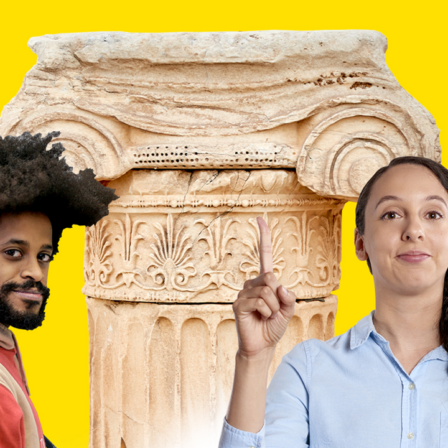

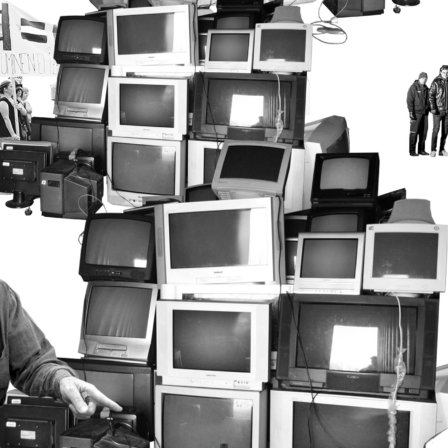
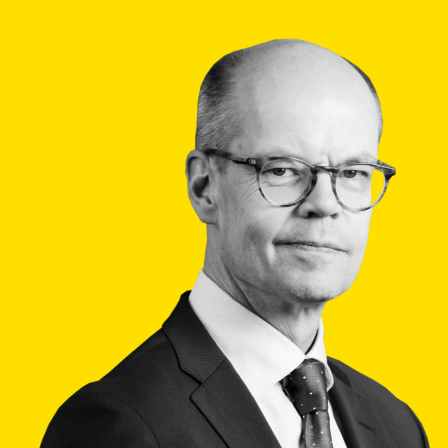



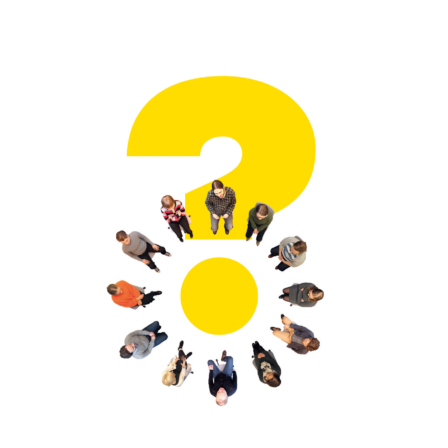

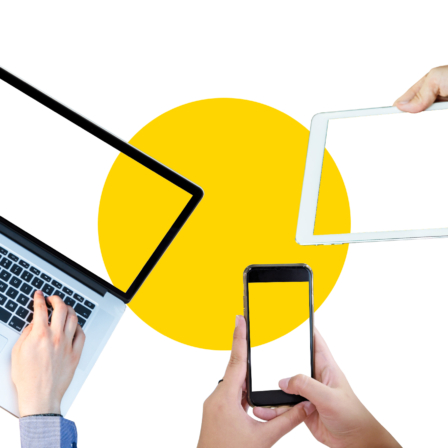







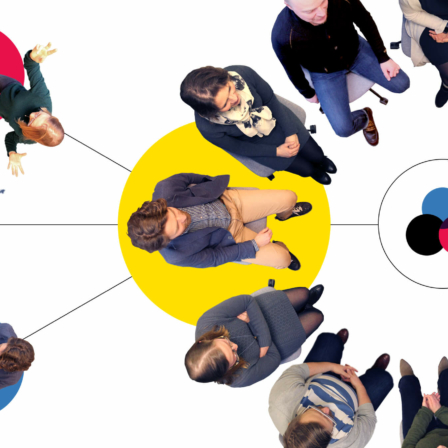


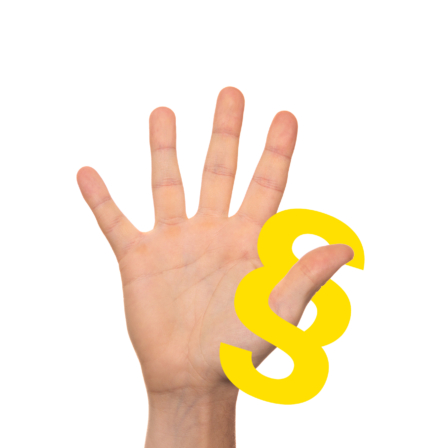


Learning by doing about dialogue